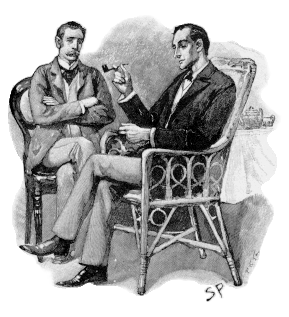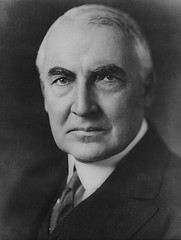You’re overseeing a murder trial. The defendant will be hanged if his crime is judged to be both willful and premeditated. You poll the jurors:

A majority think it was willful, and a majority think it was premeditated, so you order the death penalty. As he’s dragged off to the gallows, the defendant screams that this is unfair and swears that his ghost will return for revenge.
You think nothing more of this until the evening, when a strange thought occurs to you. If you’d simply asked the jurors, “Should this man receive the death penalty?”, most would have voted no — only one of the three jurors believed that the crime was both willful and premeditated. Was your own reasoning unsound?
And who’s that behind you — ?



